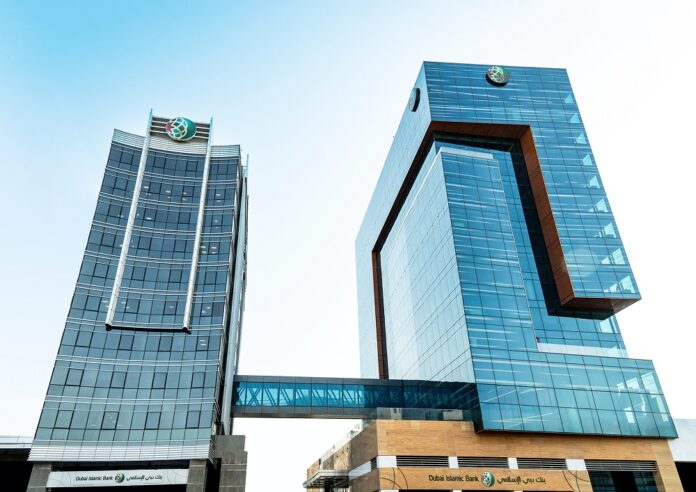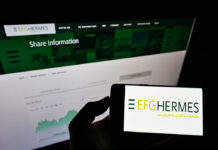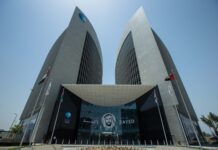Dubai Islamic Bank’s (DIB) half-year net profit jumped 8.6% year-on-year (YoY) to reach AED 3.4 billion compared to AED 3.1 billion for the same period a year ago, underscoring the bank’s robust performance and ability to navigate through the challenges of the market.
The banking group’s net financing and sukuk investments, a cornerstone of the bank’s portfolio, stood at AED 278 billion in the six months to June 30, up 3.8% year-to-date (YTD). DIB said this includes gross new underwriting and sukuk investments of AED 43.4 billion.
The bank’s total income soared by 21.3% YoY to AED 11.3 billion, showcasing its ability to drive substantial revenue growth.
Net operating revenues demonstrated a robust increase of 8.6% YoY to reach AED 6.1 billion, while net operating profit stood at AED 4.4 billion, up 6.4% YoY from AED 4.1 billion in the first half of 2023. The balance sheet displayed steady growth, rising by 2.7% YTD to reach AED 323 billion.
DIB said customer deposits reached AED 234 billion in the January-June period, up 5.4% YTD. The bank’s current account savings account (CASA) deposits contributed 42% of the total, up 500 basis points (bps) from the beginning of the year.
The Shariah-compliant bank’s prudent risk management was evident as impairment charges declined by 32% YoY, amounting to AED 652 million compared to AED 959 million in H1 2023. Non-performing financing improved to 4.99% from 5.40% at the end of 2023, a 41 bps YTD improvement.
Despite an increase in the cost-to-income ratio by 140 basis points year-over-year to 27.8%, the bank continued to strengthen its key areas and functions in line with its growth strategy. The liquidity coverage ratio (LCR) remained robust at 145.9%, ensuring the bank’s ability to meet its short-term obligations.
Return on assets (ROA) and return on tangible equity (ROTE) remained stable at 2.2% and 18%, respectively, while pre-tax ROA and ROTE were stronger at 2.4% and 20.2% respectively. The bank’s common equity Tier 1 (CET1) ratio stood at 13.7%, up 90 bps year-to-date, and the capital adequacy ratio (CAR) was at 18.1%, up 80 bps YTD, underscoring a well-capitalised entity ready to leverage growth opportunities.




